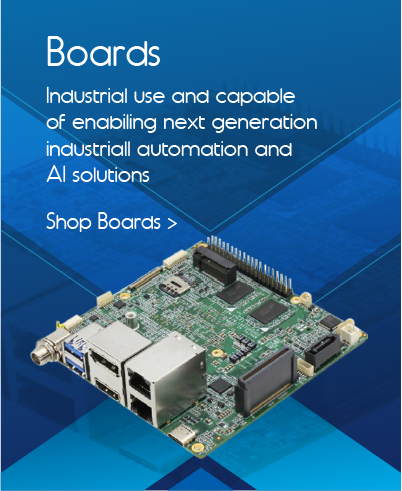Originally posted by coder
View Post
Announcement
Collapse
No announcement yet.
NVIDIA Rolls Out Jetson TX1 Developer Board SE At $199 USD
Collapse
X
-
Performance is entirely a question of what you want to do with it. Phoronix has published benchmarks of A57-based SoCs, and you can find more on OpenBenchmarking. In general, A57 cores are about 2x as fast (per-clock cycle), as the A53 cores used in Raspberry Pi v3 and many of its competitors. Some of the more recent ARMv8-A (64-bit) cores are about 3x as fast.Originally posted by CTown View PostAlso, so you don't think performance is an issue? It seems if Android runs extremely smoothly on these newer SOCs.
https://en.wikipedia.org/wiki/Compar..._ARMv8-A_cores
I'm not aware of any ARM cores that can rival the single-thread performance of Intel's Kaby Lake, but there are plenty of ARM-based NAS systems, showing they're more than capable of handling I/O-oriented workloads. Furthermore, the relative power-efficiency of ARM cores is helping them find their way into the cloud.
What I'd wanted to do was build an ARM-based, fanless micro-server. For that, I wanted gigabit Ethernet and a SATA-3 port (or M.2 NVMe slot). Here's what I ended up using:
.png) ASRock Super AlloyIntel Quad-Core Pentium Processor J4205 (up to 2.6 GHz)Supports DDR3/DDR3L 1866 SO-DIMM1 PCIe 2.0 x1, 1 M.2 (Key E)Graphics Output Options: D-Sub, HDMI, DVI-D7.1 CH HD Audio (Realtek ALC892 Audio Codec), ELNA Audio Caps4 SATA34 USB 3.1 Gen1 (2 Front, 2 Rear)Supports Full Spike Protection, ASRock Live Update & APP Shop
ASRock Super AlloyIntel Quad-Core Pentium Processor J4205 (up to 2.6 GHz)Supports DDR3/DDR3L 1866 SO-DIMM1 PCIe 2.0 x1, 1 M.2 (Key E)Graphics Output Options: D-Sub, HDMI, DVI-D7.1 CH HD Audio (Realtek ALC892 Audio Codec), ELNA Audio Caps4 SATA34 USB 3.1 Gen1 (2 Front, 2 Rear)Supports Full Spike Protection, ASRock Live Update & APP Shop
I'd have preferred it to be mini-STX (or at least "thin mini-ITX"), but I managed to find a small case and efficient external PSU:
(also available from mitxpc.com)
For those not wanting to build your own, you can find Apollo Lake SoCs used in low-end Intel NUCs and some micro PCs (not to mention many Chromebooks):
http://ark.intel.com/products/95062/...C-Kit-NUC6CAYH
http://www.anandtech.com/show/11229/...ucff-pc-review
Apollo Lake SoCs are also now available on project boards:
 Industrial use and capable of enabling next-generation industrial automation and AI solutions. Wide range of AI Acceleration modules in mPCIe, M.2 2280 and PCIe[x4] form factorPowerful, Industrial, AI-Proof and expendable to scale upPre-installed software package includes Ubuntu and Intel Edge Insi
Industrial use and capable of enabling next-generation industrial automation and AI solutions. Wide range of AI Acceleration modules in mPCIe, M.2 2280 and PCIe[x4] form factorPowerful, Industrial, AI-Proof and expendable to scale upPre-installed software package includes Ubuntu and Intel Edge Insi
Last edited by coder; 28 August 2017, 01:43 AM.
Comment



Comment